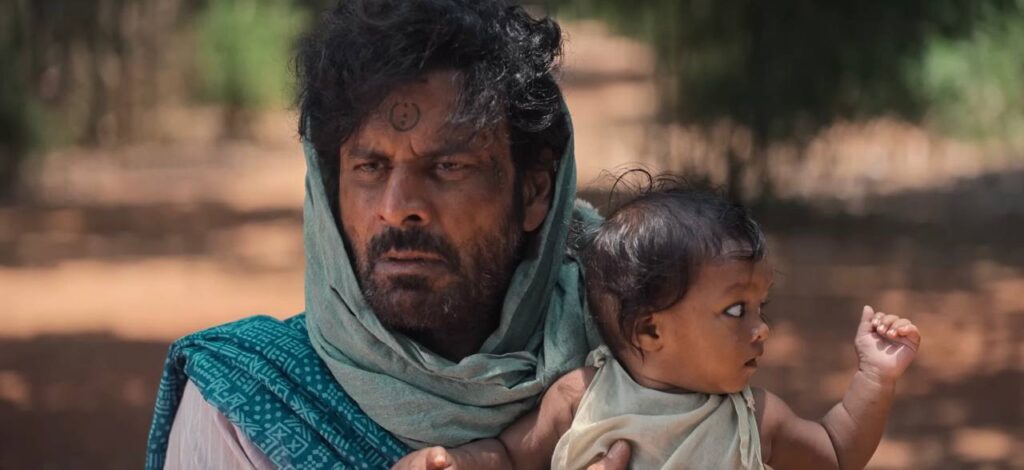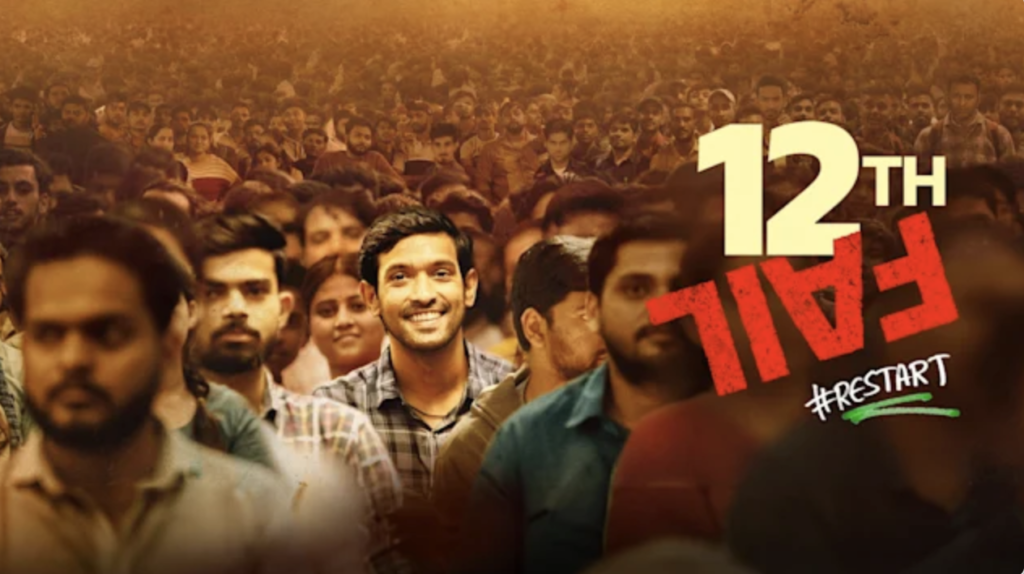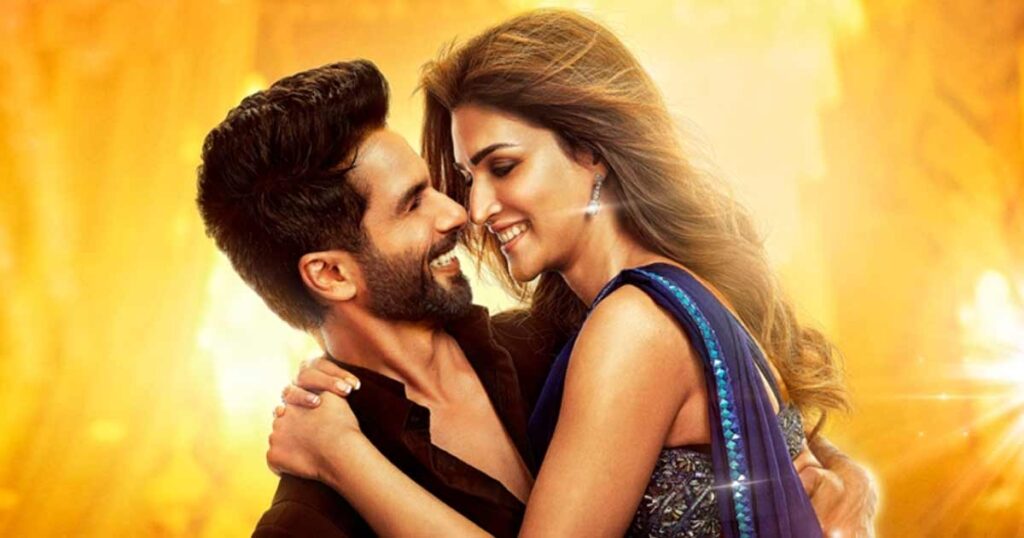
Devashish Makhija, known for his impactful and socially relevant films, continues to voice the struggles of tribals and the oppressed with his latest film, “Joram.” Following his earlier work, Cycle, which focused on a tribal woman, Makhija returns to the subject of indigenous issues and politics, setting his film in the jungles of Jharkhand. The film features powerful scenes, including one where the tribals sing the song “zameen Nahi denge, gaon nahi denge hamara,” highlighting themes of revolt and political resistance throughout the film. Makhija has consistently made films driven by his political convictions, often disregarding box office collections. However, Joram has garnered significant appreciation, being featured in numerous international film festivals, including the Mumbai Film Festival, International Film Festival Rotterdam (IFFR), Sydney Film Festival, Durban International Film Festival, Busan International Film Festival, and the Chicago International Film Festival. This film, produced in collaboration with Zee Studios, won the Filmfare Critics Award for Best Film, offering hope to many independent filmmakers in India and marking a significant victory for Indian cinema.
The story follows Dasru (Manoj Bajpayee), a tribal Adivasi now living in Mumbai with his wife. While working at a construction site, Phulo Karma (Smita Tambe), a tribal leader from Mumbai, recognizes him during her election campaign. After his wife (Tannishtha Chatterjee) is murdered and he narrowly escapes the same fate, Dasru flees with his daughter, pursued by police officer Ratnakar Bagul (Mohammed Zeeshan Ayyub). The film delves into Dasru’s past, revealing his connection to a rebel alliance in Jharkhand and his ties to the tribal leader. Through this narrative, the film addresses issues of tribal conditions, Naxalism, industrialization, and village politics.
Manoj Bajpayee, in the character of Dasru, is mesmerizing, infusing depth into every scene. Mohammed Zeeshan Ayyub breathes life into Ratnakar Bagul, delivering one of his finest performances. Despite her limited screen time, Tannishtha Chatterjee leaves an indelible mark as Vaano. Smita Tambe captivates as Phulo Karma, bringing compelling intensity to her role. The supporting cast, including Megha Mathur as Bidesi and Suman Purty as Birsi, adds strength and authenticity to the narrative. The ensemble cast harmonizes beautifully, elevating the production to new heights. The acting is one of the film’s strongest elements. The film’s cinematography, by Piyush Putty, is exceptional. The use of symbolism, colors, handheld shots, and overall camera work contributes significantly to the film’s immersive quality. The writing and dialogue are sensitive and resonate deeply with the film’s themes. In one poignant scene, Dasru, sitting in the back of a truck, asks a passenger who has sold his cattle, “Have you given up farming?” The passenger replies, “There is no grain; our fields sprout iron now.” Dasru then asks, “Why isn’t anyone fighting now? Where are the guardians of the jungle?” A woman responds, “Fighting fills the soul, not the stomach.” Such scenes leave the audience with profound questions. The dialect of Jharkhand, the authentic costumes, and the realistic portrayal of Adivasi life enhance the film’s authenticity. Scenes of protest add to the drama’s realism, making the film not just a survival story but a powerful commentary on broader social issues. The film’s title, “Joram,” refers to Dasru’s daughter, who, despite having no dialogue, leaves a significant impact and fights alongside her father in the end.
Overall, the film is a masterful craft of Devashish Makhija that you should definitely watch. Joram not only showcases the struggles and resilience of tribal communities but also serves as a powerful reminder of the ongoing fight for justice and equality.


